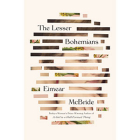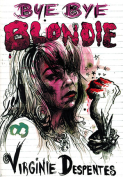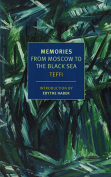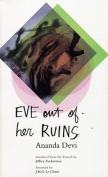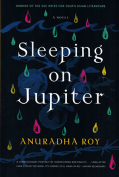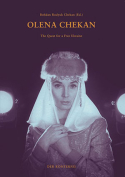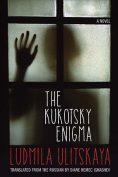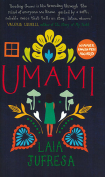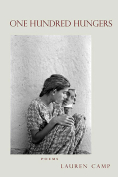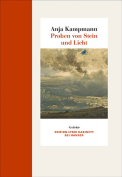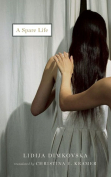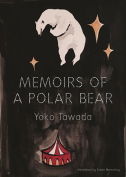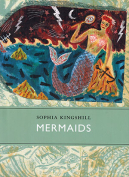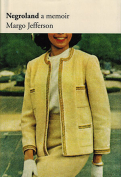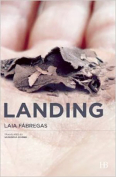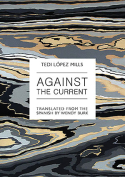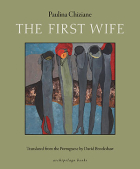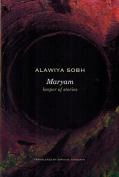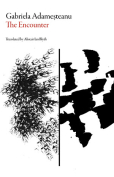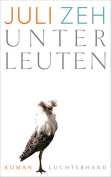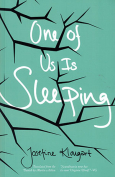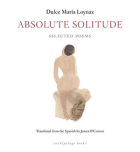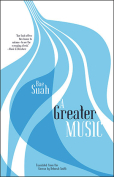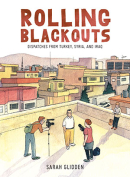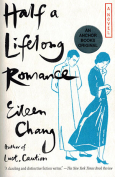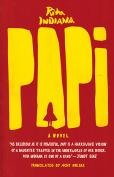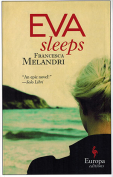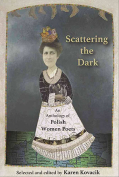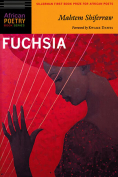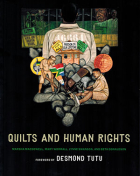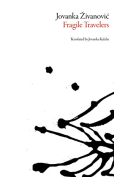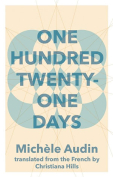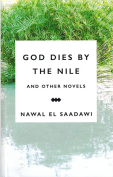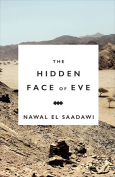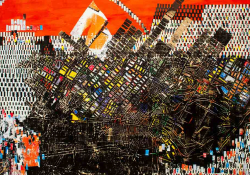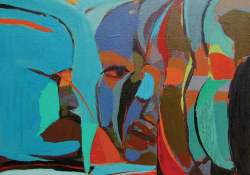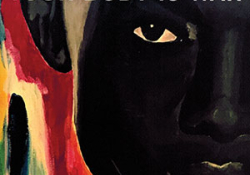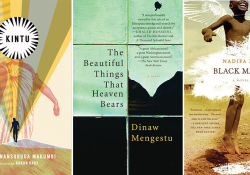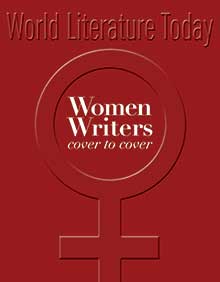Fuchsia by Mahtem Shiferraw
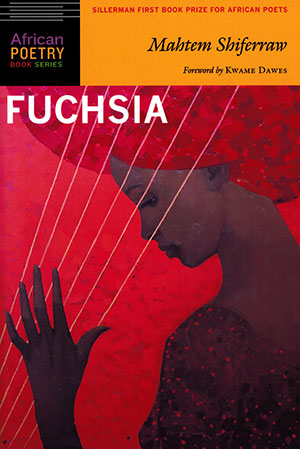 Lincoln. University of Nebraska Press. 2016. 83 pages.
Lincoln. University of Nebraska Press. 2016. 83 pages.
The futility of rage in the face of violence is among the many threads running through Fuchsia, winner of the 2016 Sillerman First Book Prize for African Poets. The physicality of Ethiopian-native Mahtem Shiferraw’s imagery in her central poem, “How to Peel Cactus Fruit,” viscerally communicates how trauma overwhelms even the quotidian. The poem resides in me thus: a cold lump in my throat that won’t clear, dust and the fever of grief fill my mouth. Here, fruit is a body of flesh and blood that must be disarmed before consumed. Notice how the poem seamlessly braids pleasure with violence, so one cannot be experienced without the other: “If you stab your teeth in, it tastes like / honey and caramelized leaves; its / meat a little window into light.” Relief comes, but violence cannot be separated from any respite the fruit bears. We must take the bitter with the sweet; as in this poem and throughout Fuchsia, we are, at once, drawn in and repelled.
Color weaves through the collection, but in “Synesthesia” colors shoot up like flares to illuminate the trauma of fleeing home. Feel how the repetition of “blue” quickens the pulse of the stanza, deepening the poem’s sense of urgency: “Blue are the waters embedded in my grandmother’s eyes. Blue is / the whisper of the Nile, Abbay. Blue / are the walls of empty neighbors’ houses.” Though left behind, home cannot be lost, for it is built into the body, the way the holy Blue Nile lives on in her grandmother’s eyes, although civil war forced her and Shiferraw’s family to leave East Africa behind. Gifted with synesthesia, the poet knows the world through color. Through her complex use of color, Shiferraw reveals home made again through the action of memory, lending heartache, depth, and comfort to our lives.
The final poem, “A Secret Lull,” defies simplistic truth, reaches deeper, and cements the heart of Fuchsia’s message: from pain comes rebirth, yes, but the world is changed, our everyday delights, our memories are changed by sorrow. In “Lull,” a mother’s grief transforms the body of the moon, fields of wildflowers rise from the names of the lost, “and children are born / with the heart of a lion.” The final, triumphant lines of the poem show the transformative power of pain and ring out with the book’s truth: “Now who’s to say / their roar’s strength / does not lie in their sorrow?”
Mary Catherine Ford
Queens College
Get the book on Amazon or add it to your Goodreads reading list
More Reviews
-
-
-
-
-
-
-
-
Umami by Laia Jufresa
Laia Jufresa. Trans. Sophie Hughes -
-
-
-
-
-
-
-
-
-
-
-
-
-
-
-
-
-
-
-
Eva Sleeps by Francesca Melandri
Francesca Melandri. Trans. Katherine Gregor -
-
-
-
-
-
